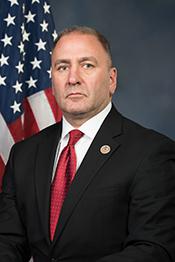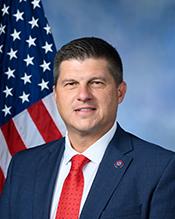0
Illegitimate Court Counteraction Act
1/29/2025, 1:50 PM
Summary of Bill HR 23
The bill seeks to protect these individuals from potential prosecution by the ICC, which is an international tribunal established to prosecute individuals for war crimes, crimes against humanity, and genocide. Supporters of the bill argue that the ICC's jurisdiction should not extend to US personnel and allies, as they believe that these individuals are already subject to the laws and regulations of their own countries.
Opponents of the bill, however, argue that it undermines the authority of the ICC and could potentially shield individuals from accountability for serious crimes. They argue that the ICC plays a crucial role in holding individuals accountable for atrocities committed around the world and that the US should not seek to exempt itself or its allies from its jurisdiction. Overall, Bill 119 HR 23 is a controversial piece of legislation that raises important questions about the balance between national sovereignty and international accountability. It remains to be seen how the bill will be received by Congress and what its implications will be for US involvement with the ICC.
Congressional Summary of HR 23
Illegitimate Court Counteraction Act
This bill imposes sanctions against foreign persons (individuals and entities) who assist the International Criminal Court (ICC) in investigating, arresting, detaining, or prosecuting certain individuals.
The bill categorizes as protected persons (1) any U.S. individual, U.S. entity, or person in the United States, unless the United States is a state party to the Rome Statute of the ICC and provides formal consent to ICC jurisdiction; and (2) any foreign person that is a citizen or lawful resident of a U.S. ally that is not a state party to the Rome Statute or has not consented to ICC jurisdiction.
If the ICC attempts to investigate, arrest, detain or prosecute a protected person, the President must impose visa- and property-blocking sanctions against the foreign persons that engaged in or materially assisted in such actions, as well as against foreign persons owned by, controlled by, or acting on behalf of such foreign persons. The President must also apply visa-blocking sanctions to the immediate family members of those sanctioned.
Upon enactment, the bill rescinds all funds appropriated for the ICC and prohibits the subsequent use of appropriated funds for the ICC.
Read the Full Bill
Current Status of Bill HR 23
Bipartisan Support of Bill HR 23
Total Number of Sponsors
19Democrat Sponsors
0Republican Sponsors
19Unaffiliated Sponsors
0Total Number of Cosponsors
89Democrat Cosponsors
0Republican Cosponsors
89Unaffiliated Cosponsors
0Policy Area and Potential Impact of Bill HR 23
Primary Policy Focus
International AffairsAlternate Title(s) of Bill HR 23
Comments

Kartier Wolf
10 months ago
This bill undermines judicial independence. How will this impact our democracy in the long run?





